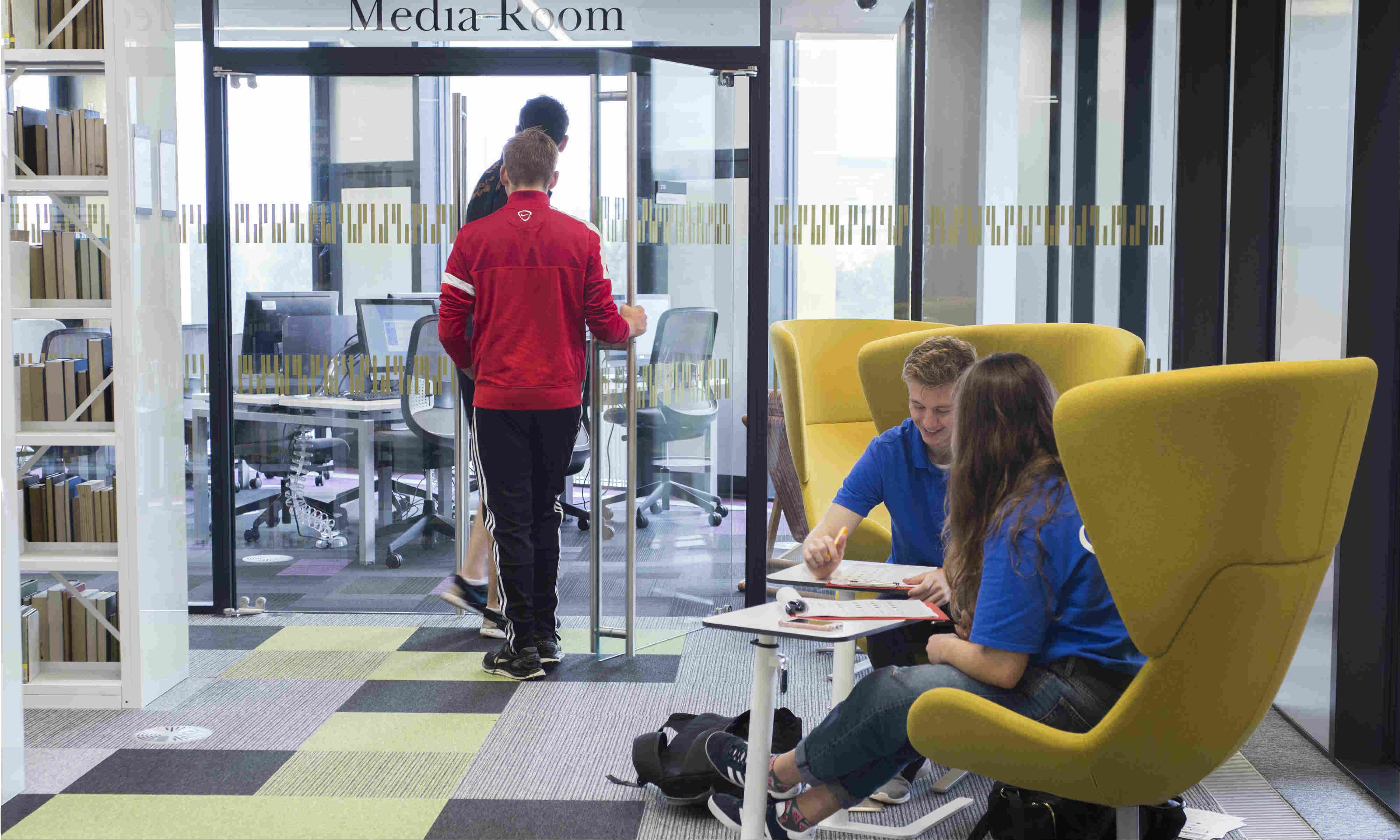Jellybean Learning: The Future of the University Campus
Sue Holmes, Association of University Directors of Estates (AUDE) Executive and Director of Estates at the Oxford Brookes University discusses a new report by AUDE and Unwork.
In looking at how current universities expect to educate the next generation of learners, we reflected on the huge changes in the way we work, communicate, live and learn and the need to flex to deliver quality learning for future generations. Technological disruption and changing demographics are rapidly reshaping the economic, social and political landscape and every organisation, from small businesses all the way to government bodies, is being impacted by these changes.
The research reviewed demographics of the current ‘Generation z’ and potential significant growth from international increases in this age group. We also factored in future students would be taught by ‘Generation x’ and looked at examples across the globe to see where universities were leading in some key areas to deliver a differential educational experience for the future. We looked at the future job market and predictions about changing job roles and the growing trend in some areas for bite sized learning to meet the needs of a specific job role, with workers keen to develop and add to specific skills for future and potentially different roles. The idea of a job for life is rapidly becoming outdated as is a retirement date: roles will change as the population and technologies evolve and develop.
Workers need to be reimagined, and thought of as putty- reshaped throughout life and pliable – rather than clay, which is formed once and then baked into one shape.
We reflected on cultural, pedagogic and lifestyle needs and the expectations future student and staff have in the era that will see the fourth industrial revolution. This will be characterised by cyber- physical systems that offer entirely new capabilities for both humans and machines with Artificial Intelligence and cryptocurrencies as examples of technologies that contribute to this revolution. All this within financial constraints that won’t improve.
From workshops and conversations with a range of sector experts we distilled eight key themes to be considered when designing and adapting the campus to enable the future’s students to unlock their full academic potential;
- Learn: Ensure more social, immersive and interactive spaces
- Research: Create access to more digital information and less hard copy materials. Higher skills in evaluating information are needed
- Engage: Fully engage with students to deliver spaces to the right quality and meet expectations to create innovative and engaging spaces for learning and living
- Teach: Find new methods to understand how information and skills are transferred and learned with novel approaches to teaching, with use of current and emerging technologies. Connect students and staff across a wider range of teachers and courses
- Analyse: Improve ability to analyse increasing volumes of data and produce relevant information. Increased use of data analytics to support the learning process
- Work: Increase preparation for the world of work, for jobs that don’t currently exist or may change rapidly. Deliver graduates with high complex skill sets. Courses will need to be more flexible and applicable to a more diverse body of students
- Partner: As the use of the estate changes, how we partner with others to potentially generate new sources of income will need to be a focus. Opportunities to partner with corporations and public bodies
- Smart: Invest in intelligent building management systems to increase efficiency and help control costs, especially in times of 24/7 access
These lessons are included within the report and we have identified the following 10 steps to help university directors of estates face the challenges of educating today’s 10-year olds;
- Prepare for the changing demographics of students
- Future proof technology and technology based learning approaches
- Adapt physical space to support digital dependents
- Explore innovative partnerships with organisations preparing students for the workforce and making efficient use of university resources
- Utilise the vast potential to gather and analyse data to support evidence based predictions on student behaviour and to respond to trends
- Cluster with other businesses
- Develop smart buildings
- Blur boundaries for a seamless experience between working, learning and socialising
The report clearly highlights the needs of Generation Z and the challenges this brings to the sector. We aim to give estates professionals the best advice we can to help them build outstanding facilities for their students. In doing so, we hope the eight key areas outlined will help university directors of estates face the challenges head on and create immersive and innovative learning spaces for the next generation.


